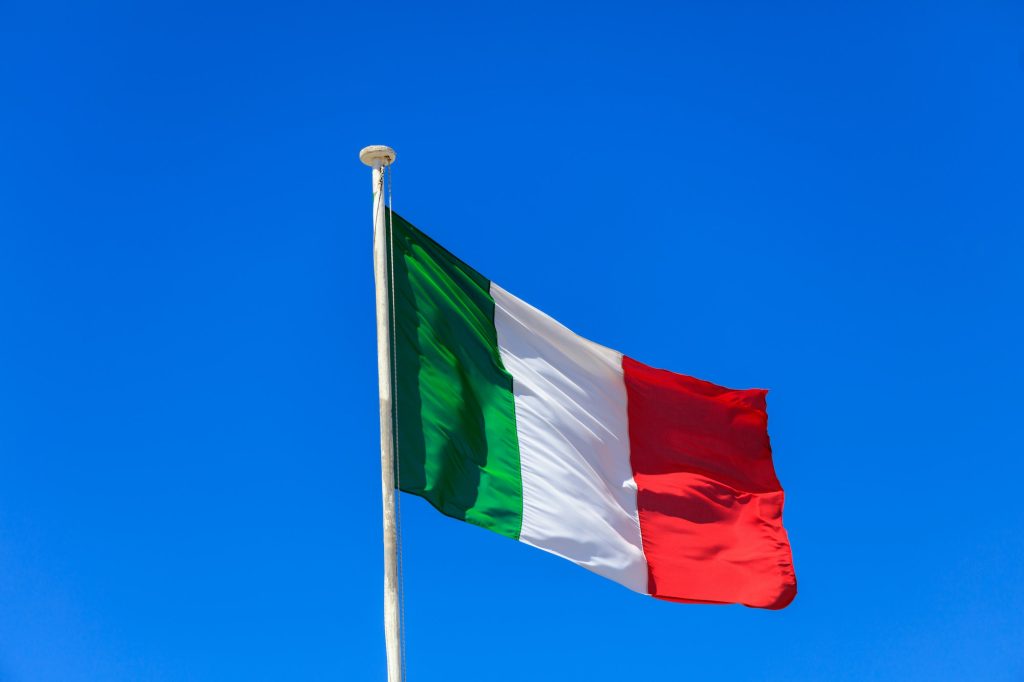Italy focuses internet tax on major digital companies
Shifting focus to large tech firms, Italy aims to refine its web tax while protecting smaller businesses.

Italy is revamping its web tax to target large tech companies while sparing small and medium-sized enterprises (SMEs) and publishing groups, government officials announced. The move aims to balance domestic fiscal needs with international concerns, especially those raised by the United States, which has criticised the tax as unfairly targeting US-based firms like Meta, Google, and Amazon.
Introduced in 2019, the 3% tax applies to digital firms with global revenues exceeding €750 million and at least €5.5 million generated in Italy. Recent attempts by Italy’s Treasury to expand the tax’s scope were met with backlash, prompting officials to retain the original revenue thresholds to avoid burdening smaller companies.
Economy Minister Giancarlo Giorgetti argued that a broader tax base could reduce friction with the US, but internal government opposition led to a pivot. Rome also plans to cut corporate taxes for companies that invest and create jobs, offsetting the cost by raising €5 billion from banks and insurers over three years through measures outlined in the 2025 budget. By refining its approach, Italy seeks to strike a balance between fiscal responsibility and fostering a favorable business environment for smaller enterprises.
